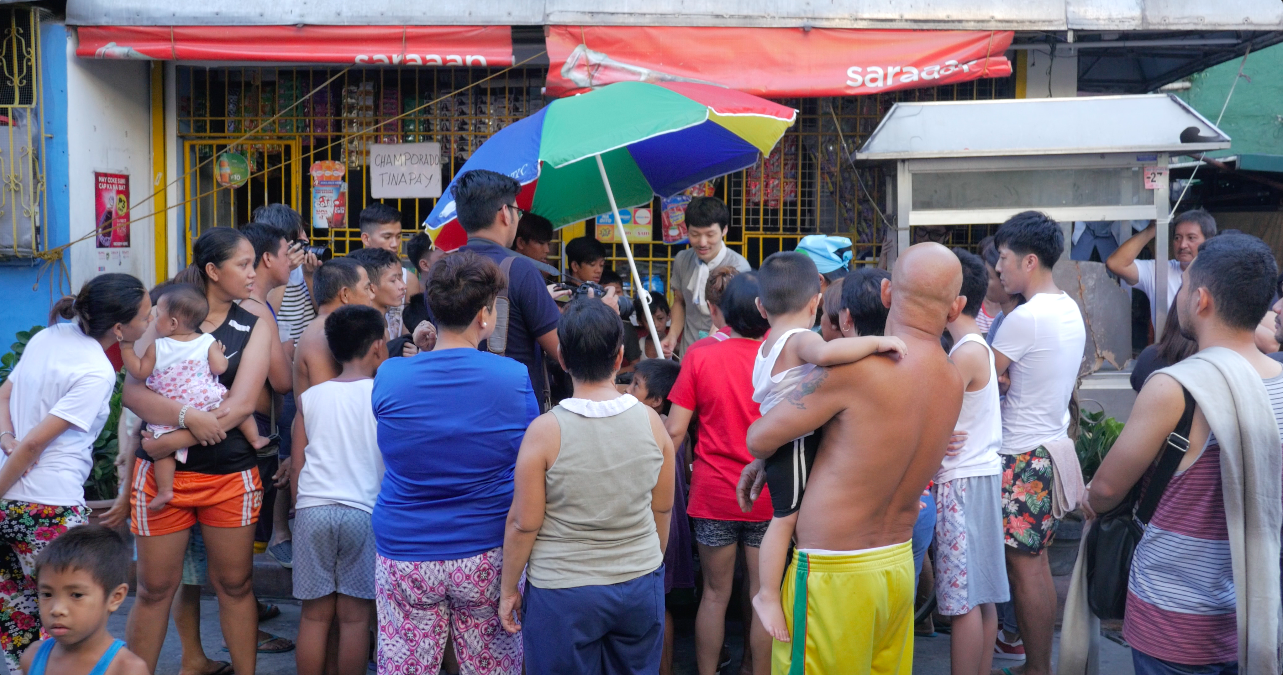As a role of art, there is a viewpoint on how to criticize the thought of the present age. We dealt with the scene of the scene that should become a turning point of history such as the great war and the nuclear accident before, and we cheated the root and circumstance of the event as urged by the media and the government at the time.
However, if you hit such a big social issue directly, you will immediately fall into a dual debate such as “justice vs. evil”. Also, if you exclude “evil” stipulated from your own position with ease, it will form a kind of utopia, thinking will stop but it is dangerous.
It is a platform that everyone can ride, which will be “dialogue” by reflecting the phenomenon in the world with the abstract art. The past is that of everyone like that, it is the root or innovation of the media called play. I would like to find out the possibilities that I could not present there so far.
For example, in the Pacific War more than 70 years have passed since the end of the war, its individual memories are changing to a collective history. History is created by strong men, which are being altered / inherited by strong man. When these individual memories can be shared / inherited in a developmental way to the future, is not it that the dead who was full of history by the strong man will be rewarded for the first time?
However, this attempt is also a very dangerous bet. The deceased do not speak, “developmental sharing / inheritance” also depends on our arbitrariness living in the present age. On the other hand, I think that it is important now that approach is attempted carefully approaching to individual memory / silence and listening to it even if it is taken into consideration. Only we who live can launch something from the silence of the dead. In other words, it is the memory of our individuals that acts on that occasion. We are generations that touched the dead.
“I’m going to” silence “in Asia. It is a title that probably contains folk performing artistic thought, but this will also be an opportunity to capture the rational versatility and rationalism originating from the West and the active issues based on it. Although it will be quite long, I want to listen to the silence of numerous dead people who are still sinking in Asia, meet with diversified people, and work closely through dialogue and experiments.

